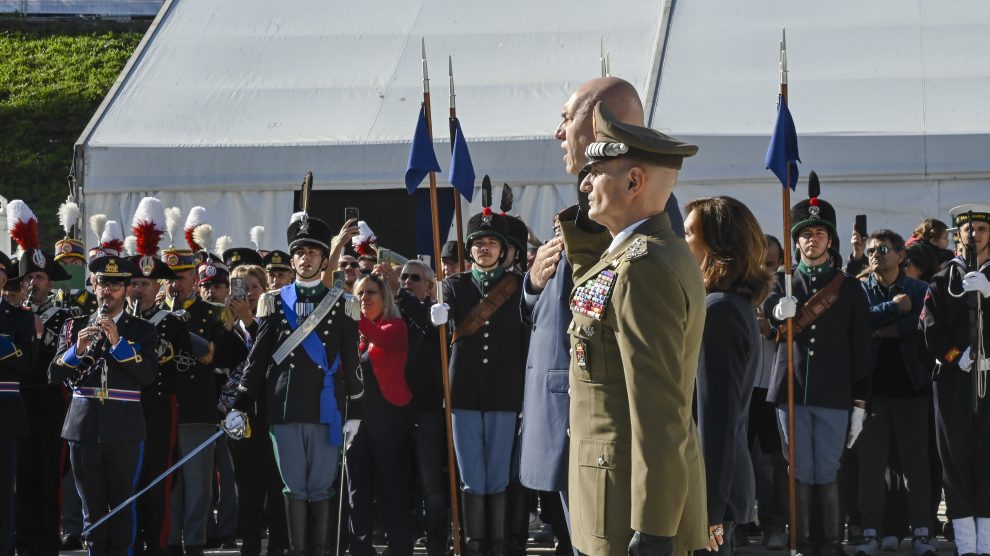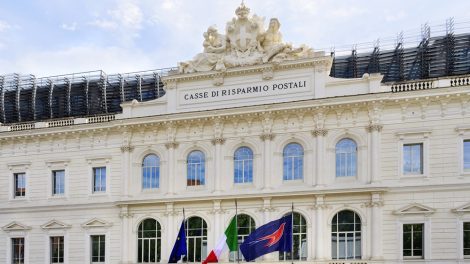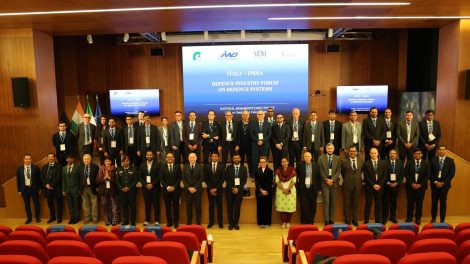In a timely interview… on Italy’s National Unity and Armed Forces Day, General Luciano Portolano, the newly appointed Chief of Defence Staff, has stressed the urgency of enhancing Italy’s military capabilities to address increasingly complex global threats.
- Portolano highlighted that, while Italy’s armed forces are prepared to manage localised crises, they need substantial strengthening to effectively respond to multi-dimensional conflicts requiring sustained defence efforts.
- Drawing on lessons from the war in Ukraine, he underscored the importance of resilience and long-term readiness.
- The Italian armed forces “must be ready for sustained defence efforts,” he remarked, pointing to how the Ukraine conflict has underscored the need for robust, prepared forces able to operate under prolonged and demanding conditions.
Two key priorities. Portolano identified two core priorities for Italy’s defence strategy: safeguarding the state and protecting Euro-Atlantic spaces.
- In an era marked by growing uncertainty and instability, he stated that these objectives must form the foundation of Italy’s national strategy.
- He explained that Italy’s strategic position within NATO requires a high level of preparedness and responsiveness to remain a credible and reliable partner.
- Portolano noted that Italy should strive to align its defence capabilities with NATO standards, which he sees as essential for strengthening Italy’s role within the alliance. “Our ability to support NATO commitments depends on matching alliance standards,” he added, emphasising the need to ensure Italy’s military effectiveness.
The importance of alliances. Alliances, Portolano stressed, are indispensable for addressing Italy’s limitations in terms of personnel, technology, and equipment.
- No country can address today’s security challenges alone, he said, highlighting NATO’s critical role in sharing the defence burden across member nations.
- Despite budgetary constraints, Portolano believes that Italy must continue to invest in its defence sector to fulfil its commitments to the alliance.
- He argued that collective security requires a sustained commitment, and Italy must focus on enhancing its capabilities to support joint NATO efforts.
Ready for modern warfare. Portolano addressed Italy’s changing security landscape, which, he explained, calls for a highly skilled professional force.
- Conscription, he argued, is not a feasible solution in today’s environment.
- Instead, Italy should prioritise developing specialised skills, particularly in areas such as cyber security, artificial intelligence, and quantum technologies.
- These advanced capabilities, he noted, are crucial for managing emerging and disruptive technologies that define modern warfare.
- By investing in specialised expertise, Italy’s armed forces can ensure they are equipped to handle the complexities of contemporary and future security challenges.
International commitments. Portolano reaffirmed Italy’s support for Ukraine and its sovereignty in the face of Russian aggression, underscoring Italy’s commitment to upholding international law and territorial integrity.
- He also highlighted Italy’s role in contributing to Ukraine’s reconstruction and the pursuit of a peaceful resolution to the conflict.
- Italy’s broader geopolitical goals, Portolano explained, are consistent with its NATO obligations and its support for regional stability.
- He emphasised the strategic importance of the Indo-Pacific region, where 80% of global trade transits.
- Italy’s expanding military role in the Indo-Pacific, he said, reflects a commitment to safeguarding key trade routes and fostering stability in an increasingly vital region.
- On Italy’s longstanding participation in the United Nations Interim Force in Lebanon (UNIFIL), Portolano discussed the importance of updating the mission’s rules of engagement to reflect current realities on the ground.
- Italy’s presence as part of this international peacekeeping force, he asserted, is crucial, but the legal framework governing operations should be modernised.
- Such an alignment, Portolano concluded, is essential for supporting Italy’s role as an impartial stabilising force in Lebanon, ensuring that peacekeeping efforts are equipped to meet the evolving challenges in the region.





